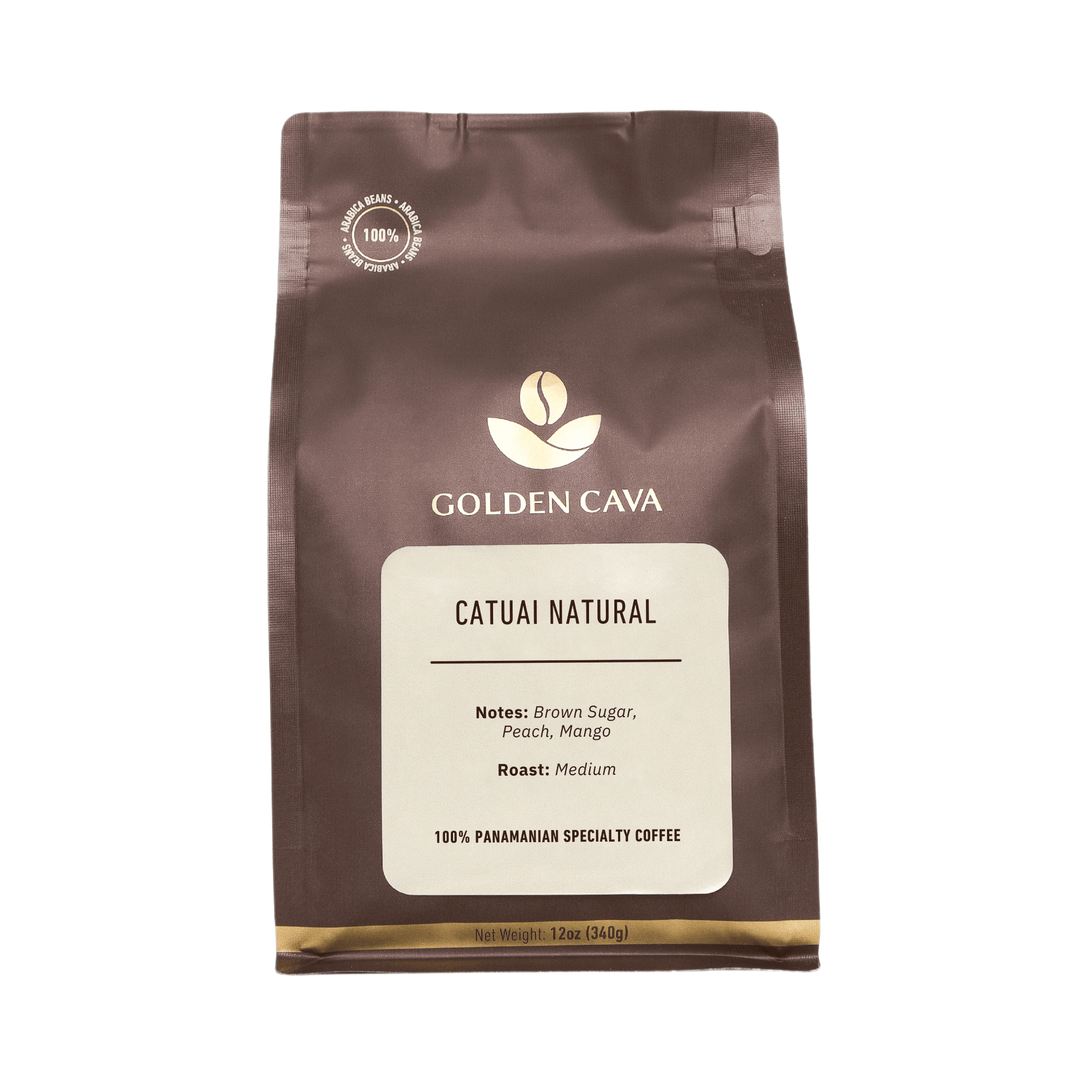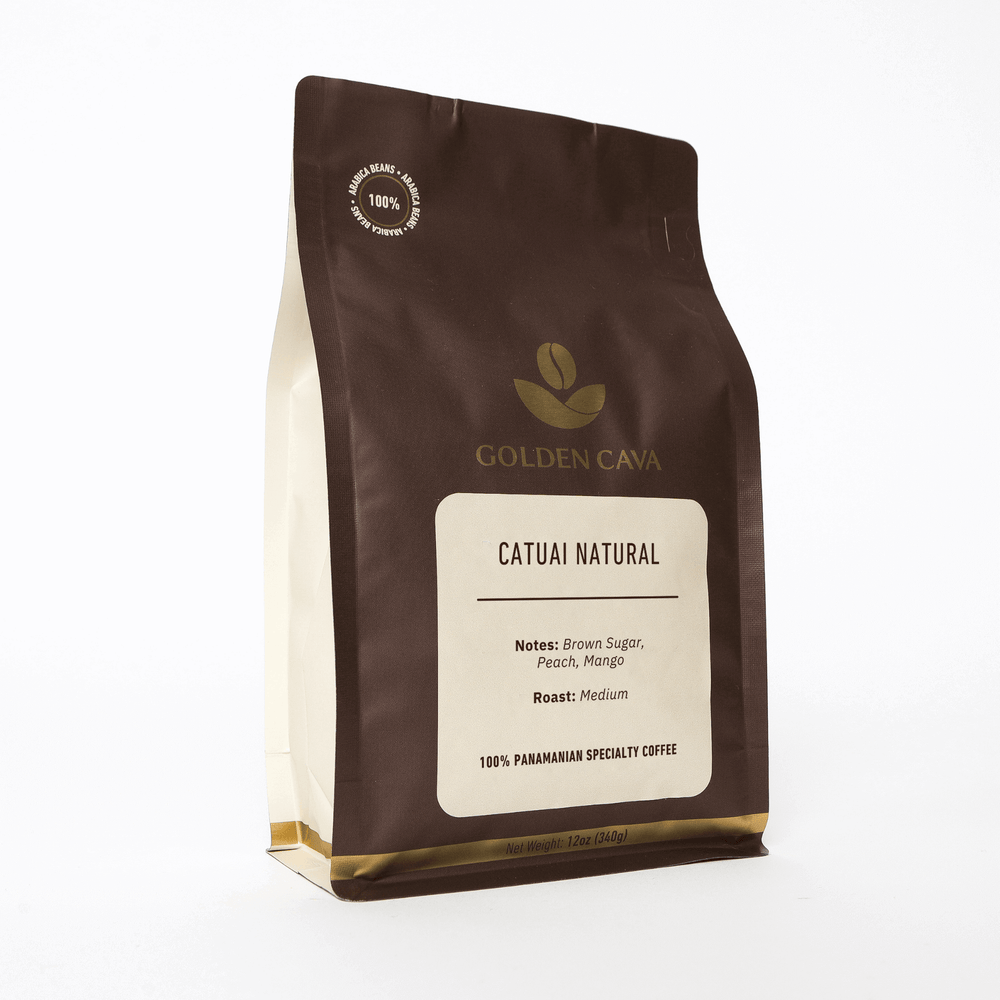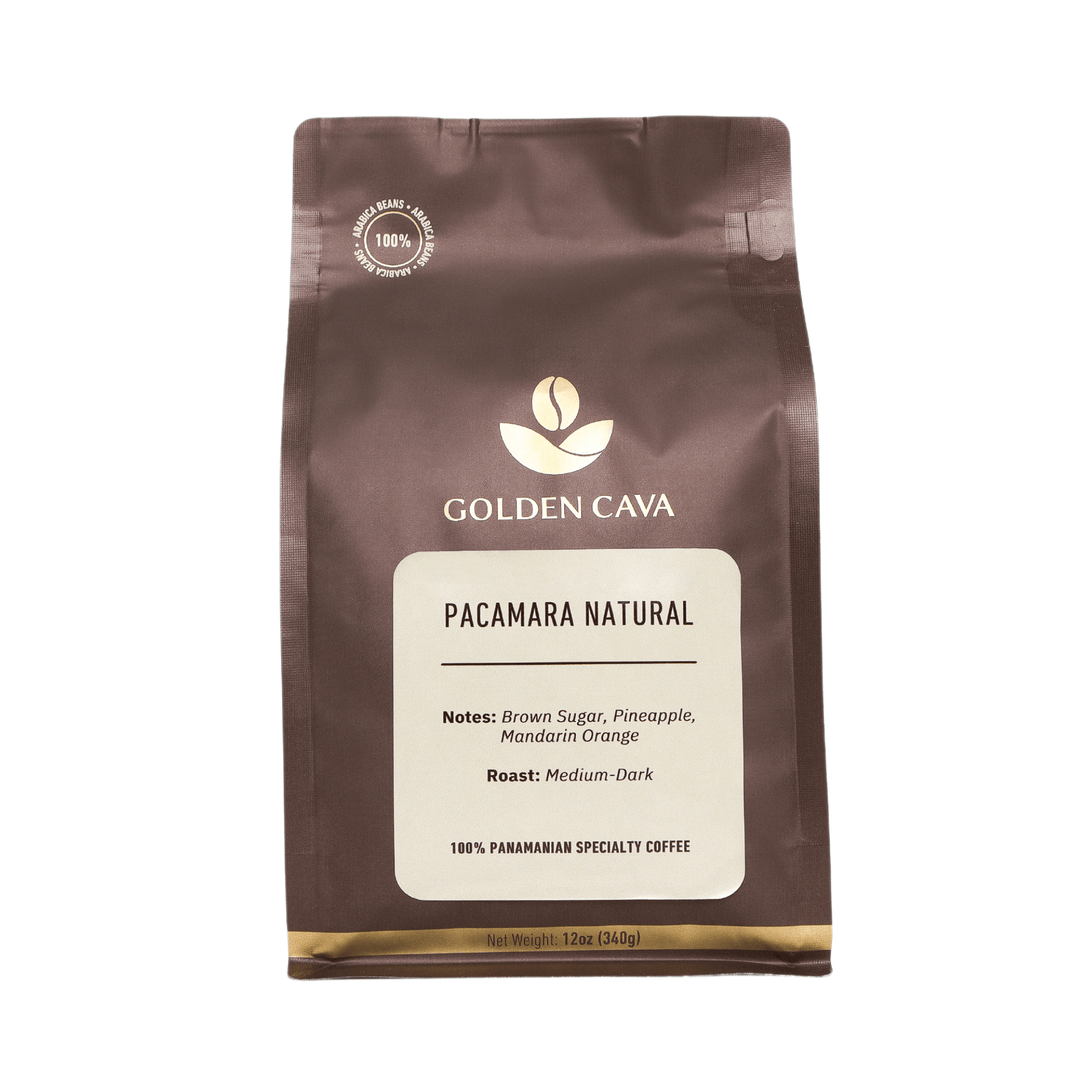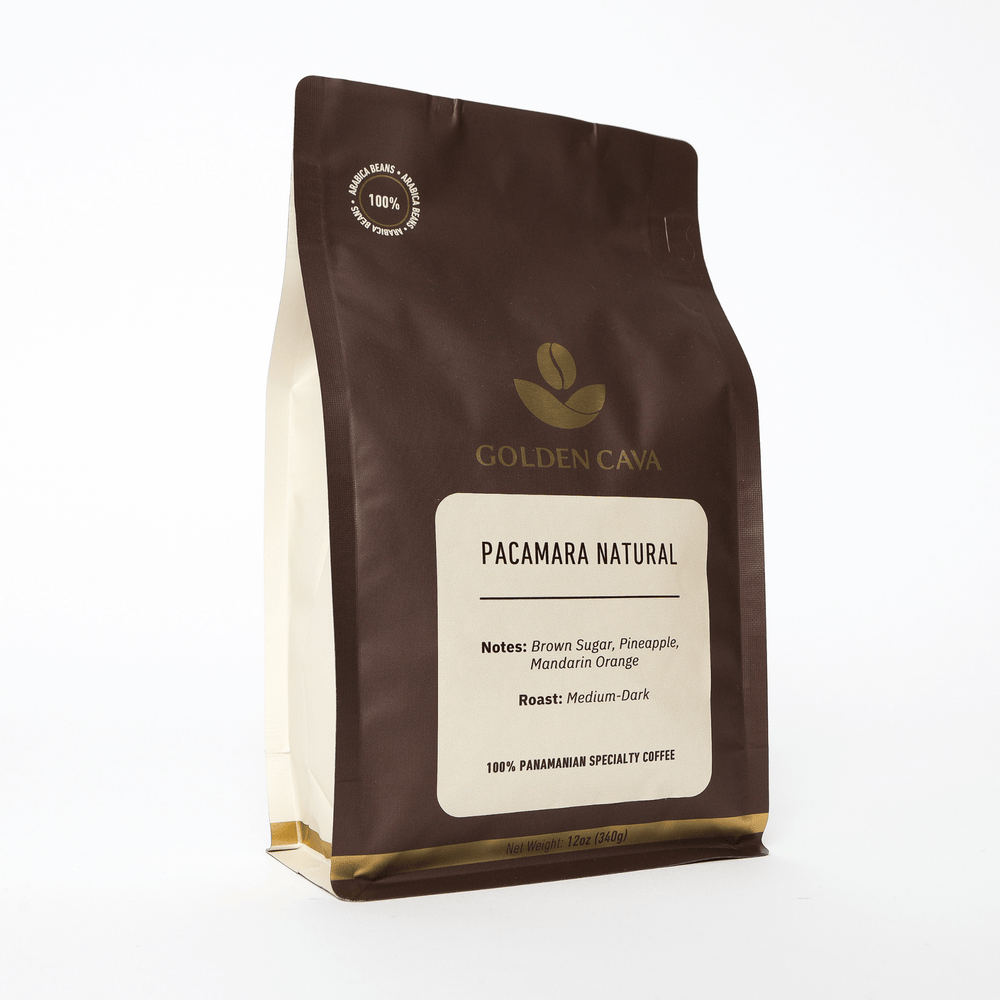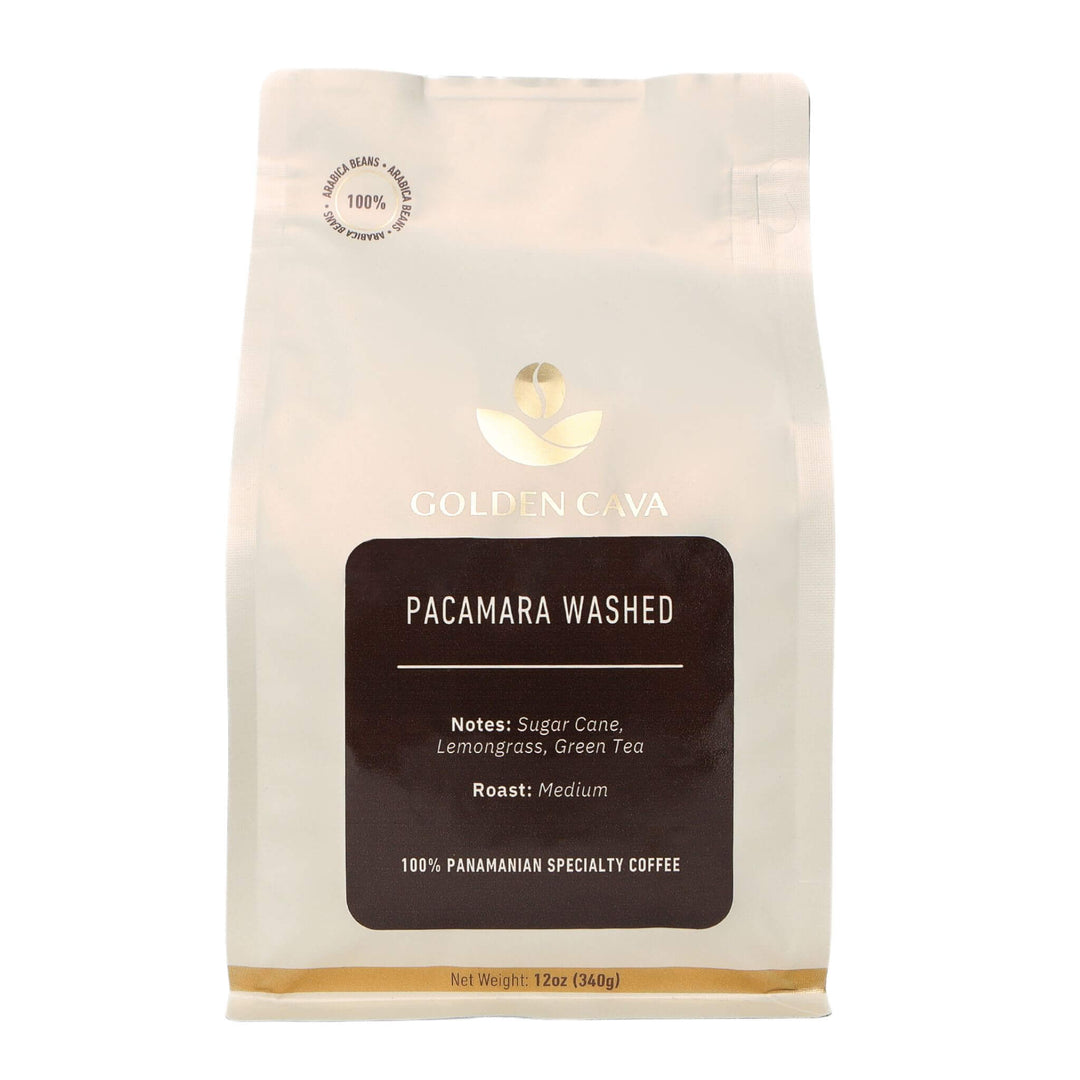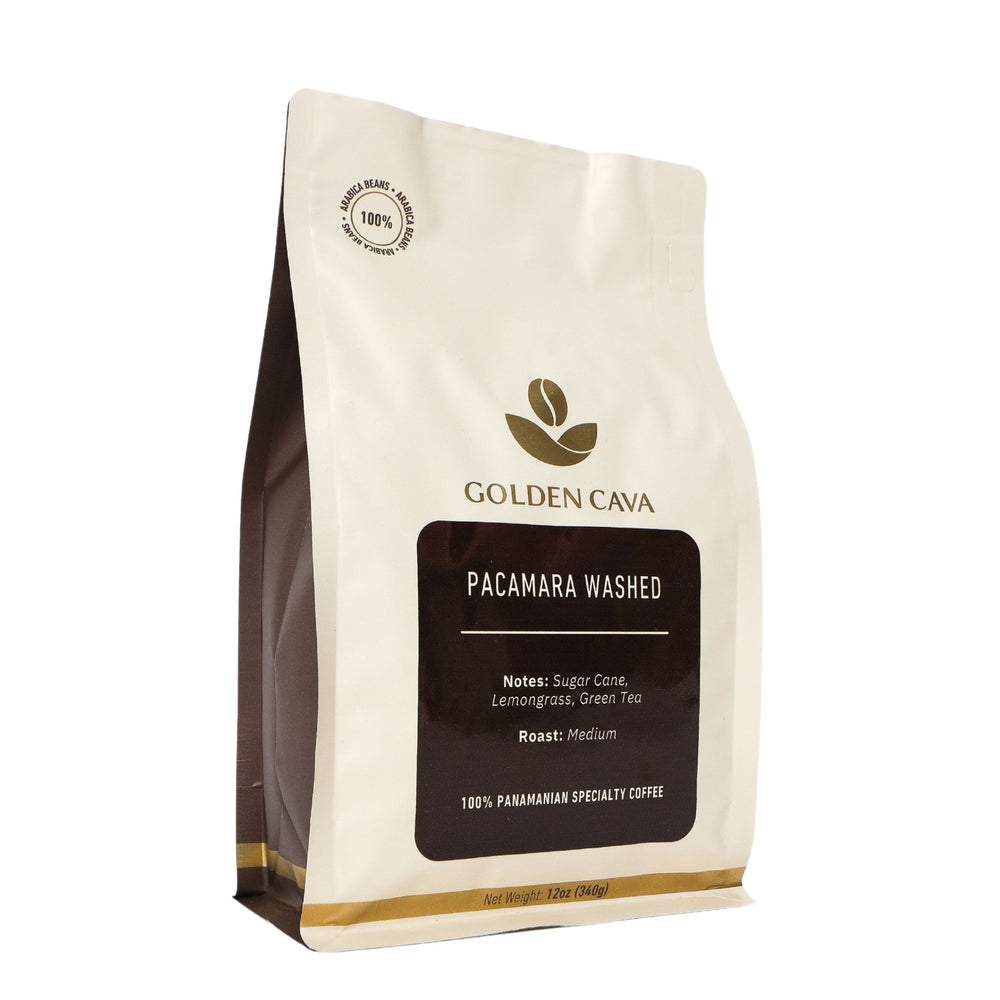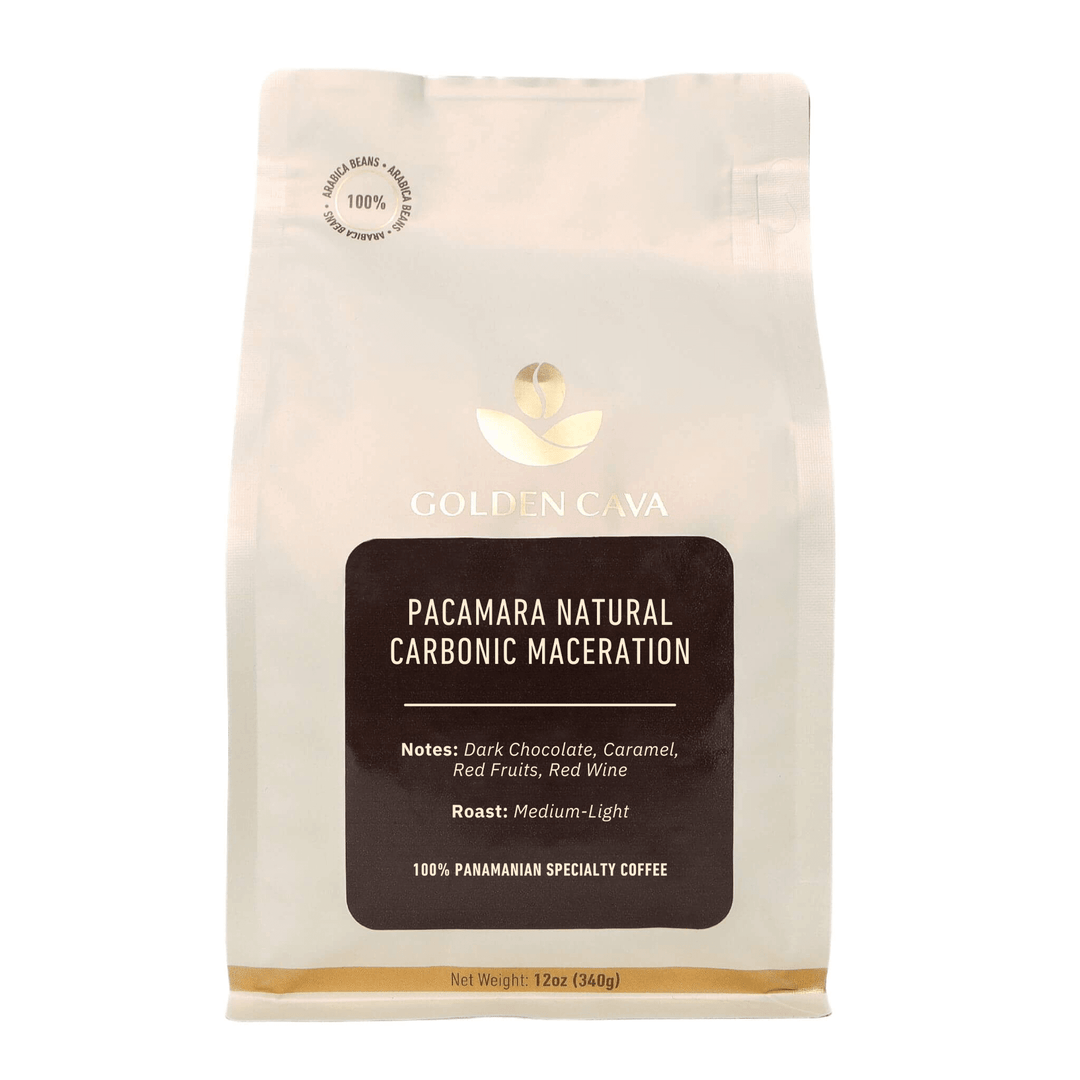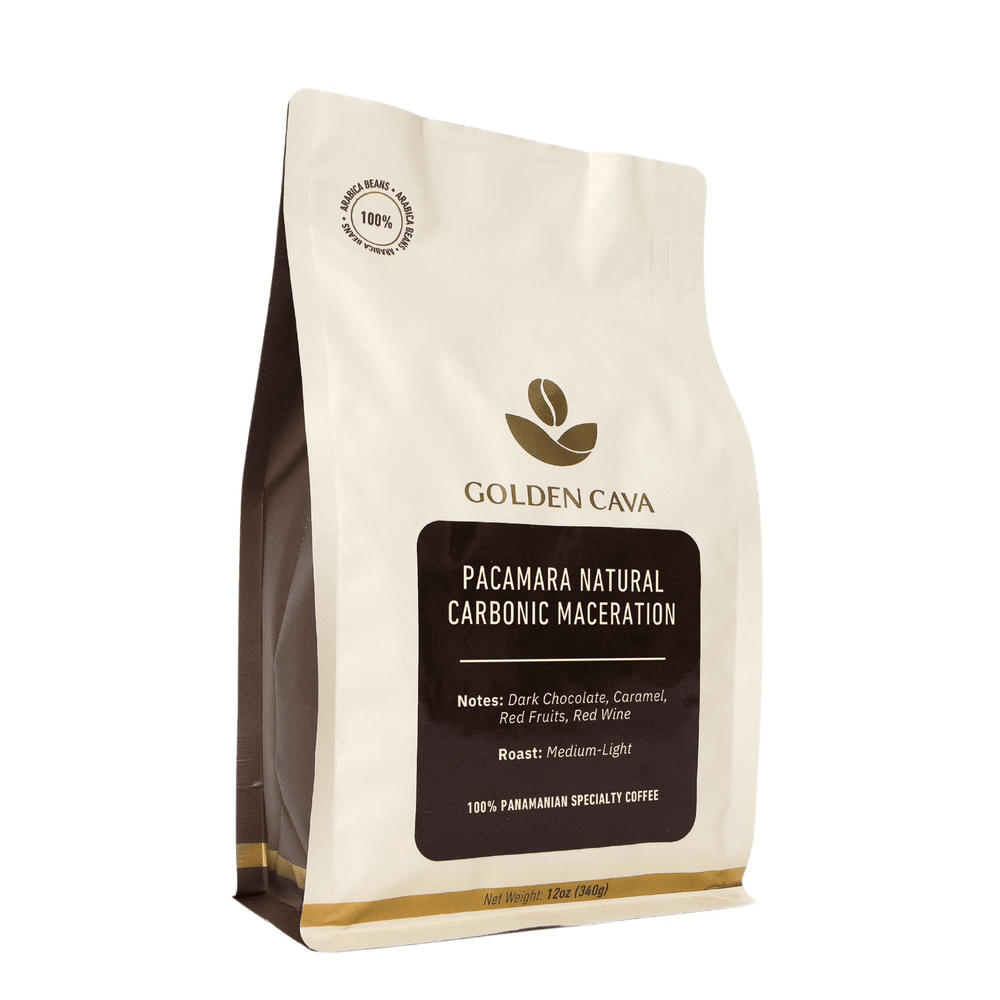Is Collagen Effective in Coffee? Exploring the Benefits
In the world of wellness and dietary trends, the question "is collagen effective in coffee?" has come up quite frequently in recent years.
Collagen, a vital protein recognized for its role in promoting skin elasticity and joint health, has taken an unexpected turn by finding its way into our morning brew.
In this post, we will uncover the potential benefits of incorporating collagen into coffee and determine whether this fusion is backed by science or simply a passing fad.
Imagine your morning routine taking a flavorful twist as you sip on a steaming cup of coffee infused with collagen. The very idea seems to encapsulate the modern pursuit of multifaceted wellness.
Collagen, recognized for its essential role in maintaining skin suppleness and supporting connective tissues, has traditionally been found in skincare products and supplements. However,Its recent inclusion in daily coffee consumption raises some health questions:
Is collagen effective in coffee? Does it provide tangible health advantages? or is it merely a marketing gimmick capitalizing on the wellness trend?
So grab a cup and join us as we uncover if collagen is effective in coffee together!
Table Of Contents:
- 1. What is Collagen?
- 2. How Does Collagen Work in Coffee?
- 3. Benefits of Adding Collagen to Coffee
- 4. Is Collagen Effective in Coffee?
- 5. How Much Collagen Should I Add To My Coffee?
- Frequently Asked Questions Is Collagen Effective in Coffee
- Conclusion
1. What is Collagen?
Collagen is a protein found in the human body that plays a crucial role in forming connective tissues, such as skin, bones, and tendons. It accounts for about 30% of the total protein content in our bodies and contributes to maintaining healthy joints, hair, nails, and overall skin elasticity. Collagen can also be found naturally occurring in some foods like fish and eggs.
A. Types of Collagen
There are at least 16 types of collagen present within our bodies; however, three main types make up most of it:
- Type I: This type makes up around 90% of your body's collagen supply and provides structure to your skin, bones, tendons, fibrous cartilage as well as teeth.
- Type II: Type II collagen primarily focuses on cushioning joints by making up elastic cartilage.
- Type III: Found alongside Type I collagens mostly in muscles' connective tissues (like reticular fibers), this type supports organs such as blood vessels and heart structures.
B. Sources of Collagen Supplements
In recent years there has been an increasing interest in consuming supplemental forms of collagen due to its potential health benefits. Some popular sources include:
- Collagen peptides or hydrolyzed collagen,
- Gelatin derived from animal products,
- Vegan alternatives made from plant-based ingredients combined with amino acids similar to those found in animal-derived collagen.
C. Collagen and Nutrition
While our bodies naturally produce collagen, the production decreases as we age. To support collagen synthesis in the body, it is essential to consume vitamin C-rich foods, such as citrus fruits, berries, and leafy greens. Moreover, one can support collagen production by taking hyaluronic acid supplements or consuming a diet rich in antioxidants.
Collagen is a naturally occurring protein found in the human body that helps to keep skin and bones strong. It has recently been used as an additive in coffee, with claims of increased health benefits. By understanding how adding collagen works in coffee, we can better understand its potential effects on our bodies.
Key Takeaway: Collagen is a vital protein in the body that supports healthy joints, hair and skin. Supplementing with collagen from sources like hydrolyzed collagen or vegan alternatives can help maintain our bodies' natural production of this essential compound - which decreases as we age. Consuming foods containing Vitamin C and hyaluronic acid can help to sustain adequate levels of collagen in the body.
2. How Does Collagen Work in Coffee?
Collagen, a type of protein found in humans and some foods like fish and eggs, can be an interesting enhancement to your daily coffee. But how exactly does collagen work when added to this popular beverage?
Let's dive into the science behind it.
The Science Behind Collagen and Coffee
When you add collagen supplements, such as collagen powder or collagen peptides, to your daily coffee, they dissolve into the hot liquid. The heat helps break down these proteins into smaller amino acids that are more easily absorbed by our bodies.
Generally, when exposed to high temperatures or acidic and alkaline solutions, proteins become denatured, changing their structure slightly.
Adding these vital amino acids to coffee can not only bring about various health advantages, but also have a favorable effect on the taste of your beverage.
Improving Flavor Profile
Adding collagen to coffee can enhance its taste by reducing bitterness and acidity levels while adding body and texture. This is particularly beneficial for those who find black coffee too strong or acidic for their liking. By simply consuming collagen peptides or powder into your brew, you create a smoother drinking experience without compromising on taste.
Taste Enhancement with Hyaluronic Acid & Vitamin C-rich Foods
- Hyaluronic acid: Some collagen supplements contain hyaluronic acid which may further improve the mouthfeel of your drink due to its ability to retain moisture.
- Vitamin C-rich foods: Pairing your collagen-infused coffee with vitamin C-rich foods like oranges or strawberries can help increase absorption rates since vitamin C plays a crucial role in supporting natural production of new collagens within our bodies.
Suitable for Both Hot & Cold Beverages
Collagen supplements can be added to both hot and cold beverages, making them a versatile option for coffee lovers.
Whether you prefer a steaming cup of black coffee or an iced latte, collagen peptides or powder can easily dissolve in your drink without affecting its temperature.
Hot Beverages:
In hot beverages like espresso or drip coffee, the heat helps break down the collagen proteins into smaller amino acids that are more easily absorbed by our bodies.
Cold Beverages:
For iced coffee aficionados such as iced lattes or cold brews, it's best to use hydrolyzed collagen peptides since they have been broken down further and will dissolve better in colder temperatures compared to regular collagen powders.
Now that we understand how collagen works when added to coffee let's explore some benefits of incorporating this protein into your daily routine.
Collagen works in coffee by adding a creamy texture and flavor, while also providing essential nutrients to the body. Subsequently, let's take a look at some of the possible advantages associated with incorporating collagen into your regular coffee.
Key Takeaway: Collagen supplements, such as powder and peptides, can be a great addition to coffee for those looking to enhance the flavor profile. By adding collagen into hot or cold beverages, you'll experience smoother texture while gaining essential amino acids that offer health benefits. With hydrolyzed collagen proteins breaking down easier in colder temperatures compared to regular powders it's an ideal way to give your daily cup of joe an extra boost.
3. Benefits of Adding Collagen to Coffee
Adding collagen to coffee can provide several benefits, both in terms of taste and health. From improving the flavor profile of your favorite brew to supporting overall wellness, incorporating collagen supplements into your daily coffee routine is worth considering.
A. Improved Flavor Profile
Collagen peptides, when introduced into coffee, serve as a remarkable flavor enhancer.
Collagen peptides elevate coffee by reducing bitterness and acidity while adding texture, resulting in an improved, more enjoyable coffee experience.
B. Health Benefits
- Skin Health: Regular consumption of collagen powder has been linked with improved skin elasticity and hydration due to its high content of hyaluronic acid, which helps retain moisture within the skin cells.
- Joints Support: Collagen is essential for maintaining healthy joints as it provides structural support and reduces inflammation caused by wear-and-tear or injury.
- Gut Health: Some studies suggest that collagen may help improve gut health by strengthening the lining of the gastrointestinal tract, thereby preventing leaky gut syndrome.
- Muscle Mass: As a rich source of amino acids necessary for muscle growth and repair, consuming collagen can contribute positively towards maintaining lean muscle mass during aging or periods without exercise.
C. Convenience & Versatility
Adding collagen into your morning cuppa not only saves time but also ensures you never forget this beneficial supplement again.
Moreover, since most brands offer unflavored options along with flavored varieties, adding collagen to your coffee will not compromise its taste.
Collagen powder can also be easily mixed into cold beverages like smoothies or iced lattes for those who prefer a chilled drink.
D. Boost in Nutrient Intake
Collagen is an excellent source of protein and amino acids that are essential for overall health. By incorporating it into your daily coffee routine, you'll be effortlessly increasing your intake of these vital nutrients without even realizing it. Additionally, some collagen supplements come fortified with other beneficial ingredients such as vitamin C-rich foods, further enhancing their nutritional value.
Adding collagen to coffee can provide a number of health benefits, such as improved digestion and joint support.
Now let's explore if collagen is actually effective in coffee - does it make any difference?
Key Takeaway: Adding collagen to coffee is a great way to enjoy improved flavor, enhanced health benefits and increased nutrient intake. It's an effortless solution that adds body, reduces bitterness and acidity for smoother-tasting brews while simultaneously boosting overall wellness.
4. Is Collagen Effective in Coffee?
Yes, collagen is effective in coffee when added in the right amounts.
It can help mask the supplemental flavor of collagen while providing additional health benefits due to its high protein content.
Let’s discuss how collagen supplements like collagen powder and collagen peptides work effectively with both hot and cold beverages, including your favorite cup of joe.
A. Improved Flavor Profile
The addition of collagen to coffee has been shown to enhance its overall taste by reducing bitterness and acidity levels commonly associated with certain types of beans or brewing methods.
This results in a smoother, more enjoyable drinking experience for many people who find traditional black coffee too harsh on their palate.
B. Health Benefits
Incorporating collagen into your daily routine through your morning cup of coffee offers numerous health advantages as well:
- Skin Health: The combination of hyaluronic acid found in some collagen supplements helps maintain skin hydration and elasticity, leading to healthier-looking skin over time.
- Joints & Bones: Regular consumption of collagen may contribute positively towards joint pain relief and improved bone density due to its role as a building block for connective tissues within our bodies.
- Digestion Support: Adding collagen may aid digestion by promoting healthy gut lining function - an essential aspect considering that much-needed nutrients are absorbed through our digestive tract.
C. Versatility With Hot & Cold Beverages
Collagen supplements are versatile and can be easily mixed into both warm beverages and cold beverages.
One can benefit from the advantages of collagen in a steaming cup of espresso or an iced latte on those hot summer days. Additionally, you may also consider adding collagen to other drinks like tea or smoothies for added nutritional value.
D. Boosting Vitamin C Intake
Pairing your collagen-infused coffee and simply consuming collagen-containing foods with vitamin C-rich foods such as oranges, strawberries, or bell peppers can further enhance its effectiveness since vitamin C plays a crucial role in promoting natural collagen production within our bodies.
Incorporating collagen into your daily coffee routine offers numerous advantages - from improved flavor profiles to potential health benefits.
Why not experiment and see if you can create the perfect cup of coffee with collagen infusion?
High-quality collagen peptides can provide helpful proteins and nutrients to your coffee, yet it is essential to understand the amount that should be added in order for its advantages to take effect. In this next section, we'll explore how much collagen you should add when brewing your favorite cup of joe.
Key Takeaway: Collagen is a great addition to coffee, as it can help enhance the flavor and provide various health benefits. It's easy to incorporate into hot or cold beverages, plus you can boost its effectiveness by pairing your collagen-infused coffee with vitamin C-rich foods. Why not experiment and create a delightful cup of coffee every time by adding collagen?
5. How Much Collagen Should I Add To My Coffee?
Choosing the amount of collagen to put in your coffee is a matter of personal choice, yet it's critical to take into account factors such as taste and desired health advantages.
This section will go over some general principles for adding collagen powder or peptides to your coffee, as well as how you can adjust the procedure depending on what you want.
A. General Guidelines
For most people, starting with 1-2 teaspoons of collagen supplements, such as collagen powder or peptides per cup of coffee is recommended. This amount should provide noticeable improvements in flavor while also offering potential health benefits associated with increased protein intake.
B. Customizing Your Collagen Intake
If you're new to adding collagen into your hot beverages like coffee, start by experimenting with smaller amounts until you find the perfect balance between taste and texture improvement:
- Taste Test: Begin by adding half a teaspoon of collagen powder or peptides into your cup of coffee and adjust accordingly based on personal preference.
- Type Of Collagen: Different types of collagen supplements, such as hydrolyzed collagen or marine-based sources, may have varying tastes and textures when added into hot beverages like coffee.
- Mixing With Other Ingredients: You might want to combine other beneficial ingredients like hyaluronic acid, vitamin C-rich foods (such as lemon juice), honey, or cinnamon for additional flavor enhancement and health benefits.
C. Collagen in Cold Beverages
While collagen is most commonly added to hot beverages like coffee, it can also be incorporated into cold drinks such as iced coffee or smoothies.
In this case, using collagen peptides might be more suitable due to their better solubility in cold liquids compared to regular collagen powder.
Incorporating the right amount of collagen into your daily cup of coffee can lead to improved taste and potential health benefits. Start with the general guidelines provided above and customize according to your preferences for an enhanced coffee experience that supports a healthier lifestyle.
Key Takeaway: Discovering the ideal collagen addition to your coffee involves starting with 1-2 teaspoons per cup, balancing taste and health benefits. Experimentation with smaller amounts, considering type and additional ingredients, allows customization. Collagen peptides are better for cold drinks, fostering a better coffee experience and wellness alignment.
Frequently Asked Questions Is Collagen Effective in Coffee
Is collagen effective in coffee?
Yes, adding collagen to coffee can be effective. Collagen peptides dissolve easily in hot liquids like coffee and are absorbed by the body efficiently. This combination provides a convenient way to enjoy the benefits of both caffeine and collagen, such as improved skin health, joint support, and increased energy levels.
Conclusion
Collagen is a beneficial supplement to add to your coffee for many reasons.
It can help improve skin health and joint pain relief as well as providing essential amino acids that may be missing from the diet.
Although research on how effective collagen is in coffee remains inconclusive, it appears that adding this protein-rich substance could potentially have positive benefits when consumed regularly. Considering its potential benefits, collagen may be a worthwhile addition to your daily morning coffee.

